Eight of the best depictions of India in film and TV, from A Suitable Boy to Love Sonia
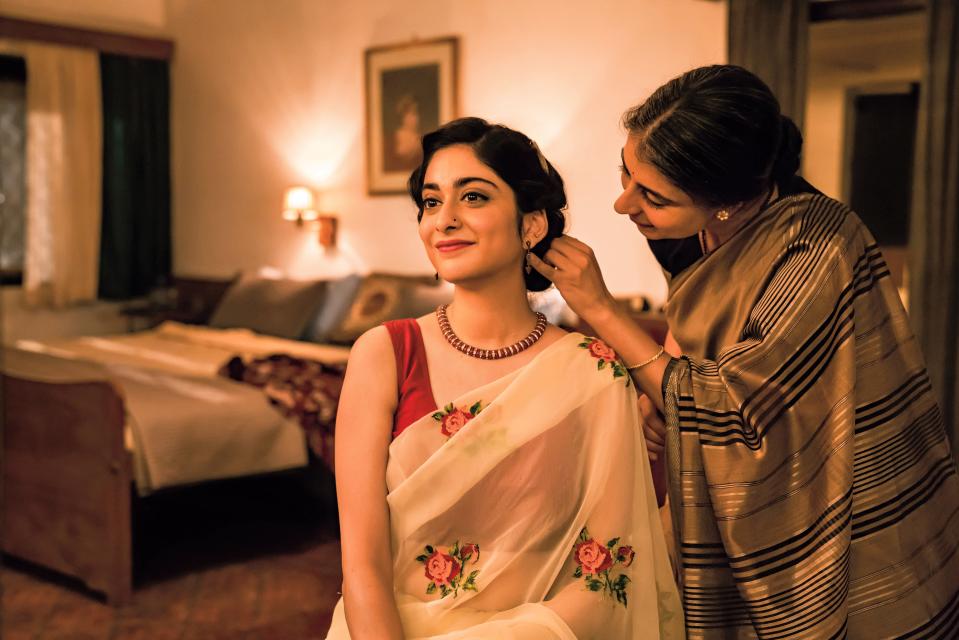
Today Netflix’s adaptation of Aravind Adiga’s Booker Prize-winning debut novel The White Tiger hits our screens. This brilliantly dark comedy, exploring privilege and caste divides in India, features Hindi film star Rajkummar Rao and the always highly watchable Priyanka Chopra Jonas as a wealthy couple into whose employ comes the young Balram, a keen-as-mustard driver set on being the best possible servant - but it’s the relatively unknown Adarsh Gourav, as Balram, who proves he can steal a scene with just a look.
From a rural village in the Gaya district to the dizzying heights of Delhi, the film is just one of many that sprawls across India, depicting both the country’s loveable quirks and its dark undersides. But it’s not always easy to put India on screen. Often films fall into a performative genre, projecting the filmmaker's idea of an unknown ‘mystical’ place, othering the country and the people who live there. It’s those who use the country’s natural beauty as a compliment, without shying away from the hard stuff, who end up shining. Here are some of the best films that explore India.
Slumdog Millionaire
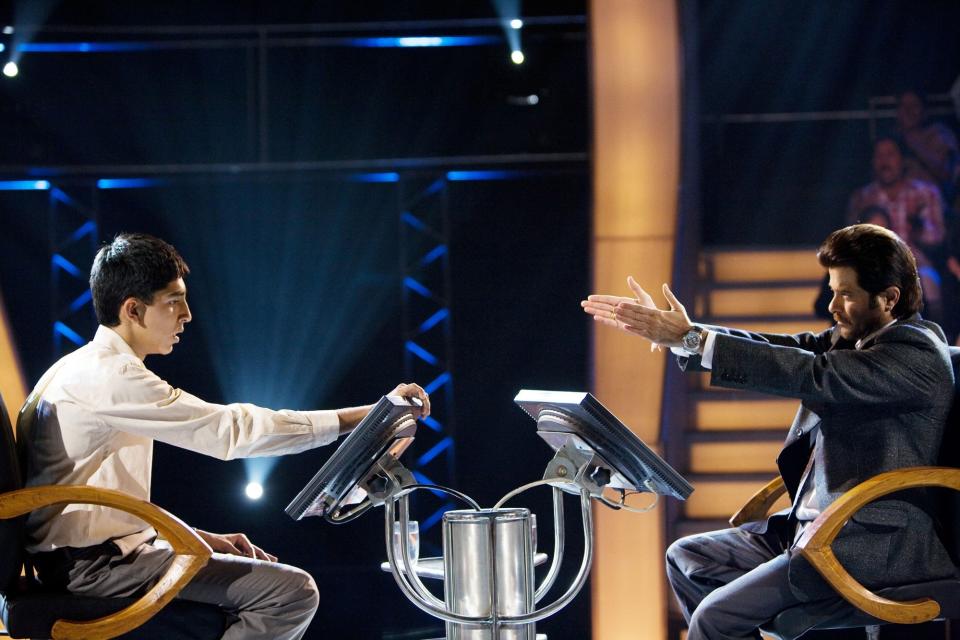
Slumdog Millionaire wasn’t without its controversies - the film faced criticism in India, most notably allegations that it peddled idealistic narratives about poverty. Even The White Tiger points to the movie’s unreality - after noting the differences between rich and poor, Balram laments: “I was trapped, and don't believe for a second there's a million-rupee game show you can win to get out of it.”
But despite the implausibility of the plot line, Danny Boyle’s depiction of Mumbai is riveting. It feels like the life force of India, the city with the most personality, and the cinematic twists and turns of the film highlight the hidden quirks that lie deep within.
Free on All4 and available to rent on Prime Video and elsewhere
Love Sonia

To truly represent a place, you cannot turn your back on the tough issues that exist there. Love Sonia is a US-Hindi film based on true stories of international child sex trafficking. Approximately 200 women and girls go missing in India every day. In Tabrez Noorani’s film, Sonia’s sister Preeti is sold into the trade by the girls’ debt-laden father; Sonia is determined to rescue her, putting herself in danger. But as Sonia’s search crosses continents, the film goes beyond India - a message to the West that the flesh trade isn’t merely a third world problem. Rooted in real events, Love Sonia is a gripping tale with devastating conclusions.
Available to rent on Prime Video
Lion
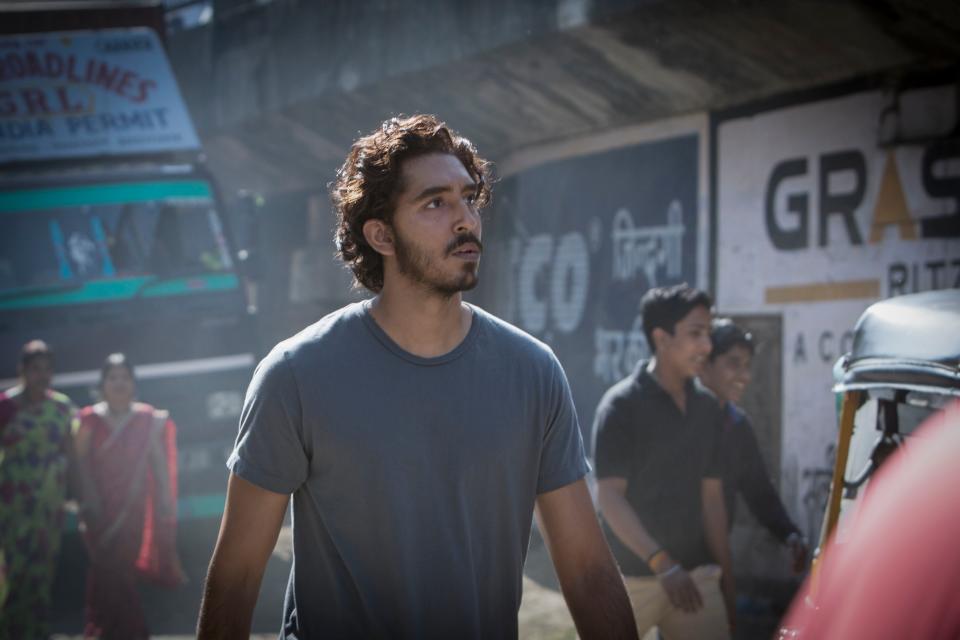
If you can stop crying for long enough during this film to actually watch it, you’ll see a heart-wrenching story. Saroo, the cutest of little Indian kids, loses his brother at a train station. He curls up to sleep but finds, after waking up, that the stationary train in which he hid is now miles away in Calcutta. He cannot speak the language and only remembers the baby-speak version of his village's name. Eventually, and luckily, the boy is adopted by an Australian couple (Nicole Kidman and David Wenham) and moves to Tasmania.
Dev Patel plays the grown-up Saroo, haunted by his past and a growing urge to find his birth family. Using Google Maps and his own fractured memories, he pieces his past back together, leading to the most emotional of reunions. It’s a tearjerker for sure - but the most extraordinary thing about this film is that it’s a true story, based on Saroo Brierley’s autobiography A Long Way Home. The close connections between residents of the village are depicted beautifully - when finally Saroo travels back to his home, it is the local people that soon lead him to his mother.
Available to rent on Prime Video and elsewhere
The Darjeeling Limited
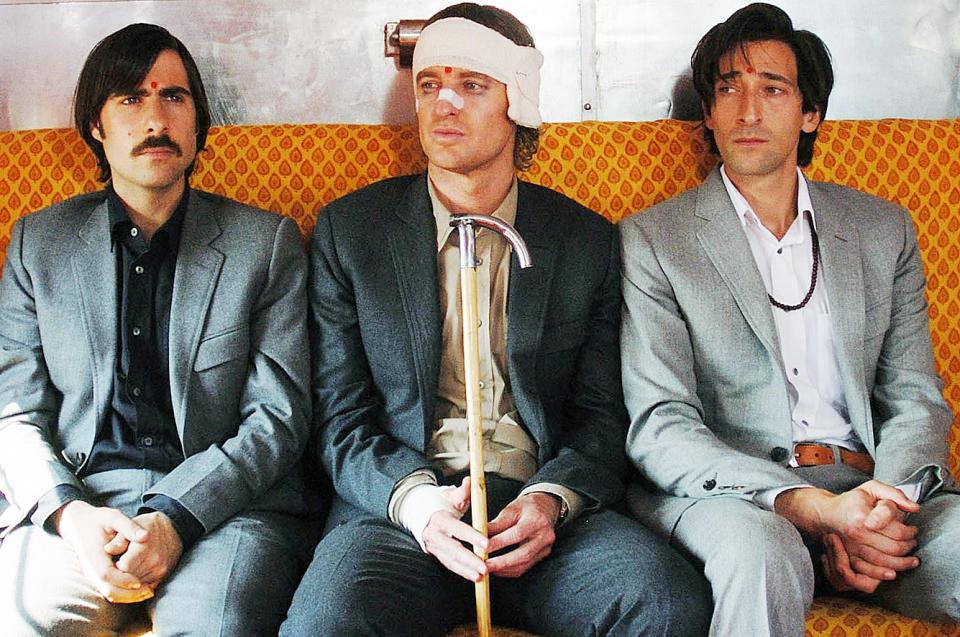
Hear me out with this one. Culturally, this film doesn’t really engage with the fact that three rich white men are having a ‘spiritual journey’ around a country once colonised by people that looked like them. Hopefully, we can put this down to satire. But regardless, it’s a Wes Anderson creation, which means it’s beautiful. And India is uniquely beautiful. The marketplaces are chaotic yet inviting, the colours are vibrant, bordering on overwhelming. There’s a distinctively Andersonian aesthetic, sure - yet it’s also so close to the reality of what India feels like when you’re there.
Available to rent on Prime Video and elsewhere
Bend It Like Beckham
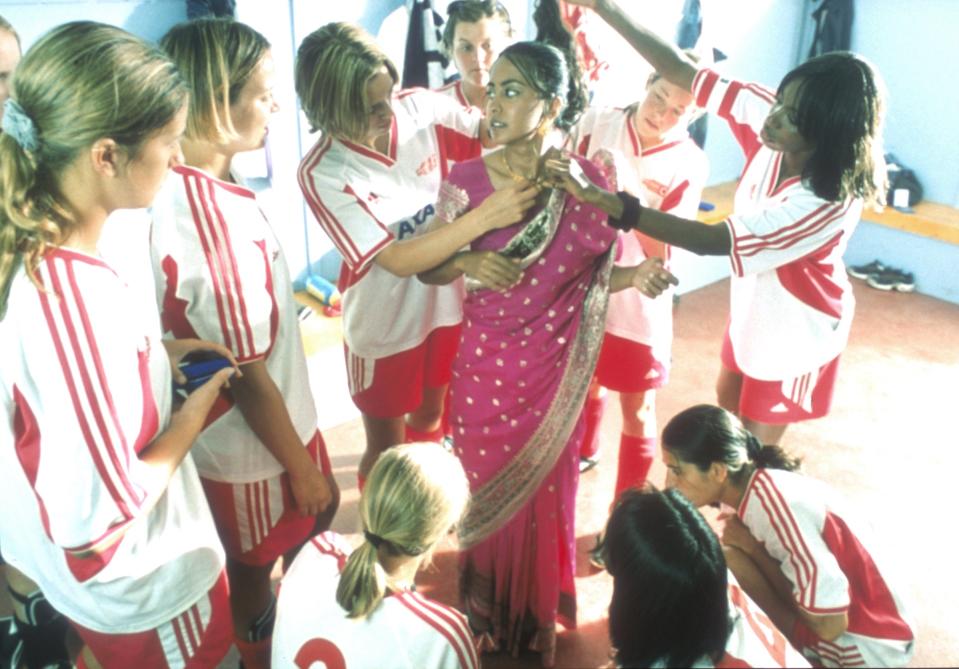
“Who wants to make aloo gobi when you can bend a ball like Beckham?” Well, as this film tells us, we can do both. The perfect coming-of-age film for every British-Asian teenager, Gurinder Chadha’s comedy has everything - Jesminder going by ‘Jess’, overdramatic traditional Indian parents who believe Jess’s cooking skills are more important than “displaying your bare legs to complete strangers” (playing football), a huge climactic Indian wedding, and the combination of saris and football boots.
Perhaps the best representation of the Indian family comes from their simultaneous dedication to traditions and their openness to inviting others into their culture. Jess’s dad, vehemently against Jess’s desire to play football, is found in the closing scene playing cricket with his daughter’s football coach and love interest. It’s an incredibly touching metaphor for a film that weaves two cultures together.
Prime Video
A Suitable Boy
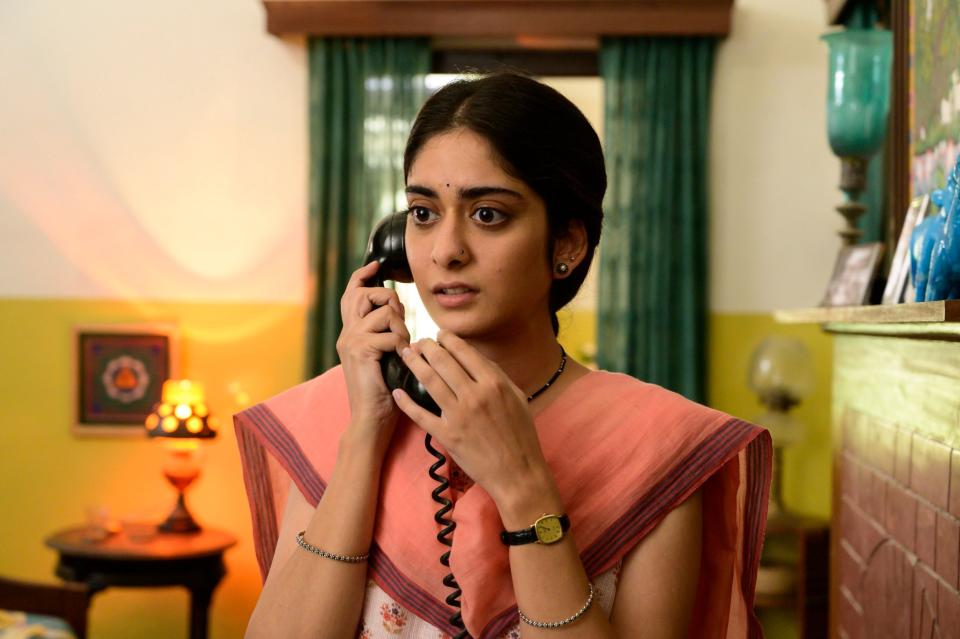
The 2020 BBC miniseries adapted from Vikram Seth’s novel, set in post-partition India, follows Lata, a university student in North India in the period after the Partition. It’s both a historical commentary and a classic story, of a young woman wanting to forge her own path. Lata’s mother keeps telling her daughter that she is next in line for marriage, but the literature student isn’t interested in finding ‘a suitable boy’.
While the adaptation feels slightly weak compared to the novel - which happens to be one of the longest in the English language - the actors skilfully portray the complexities of inter-religious discord in a society attempting to rebuild.
BBC iPlayer
Indian Matchmaking
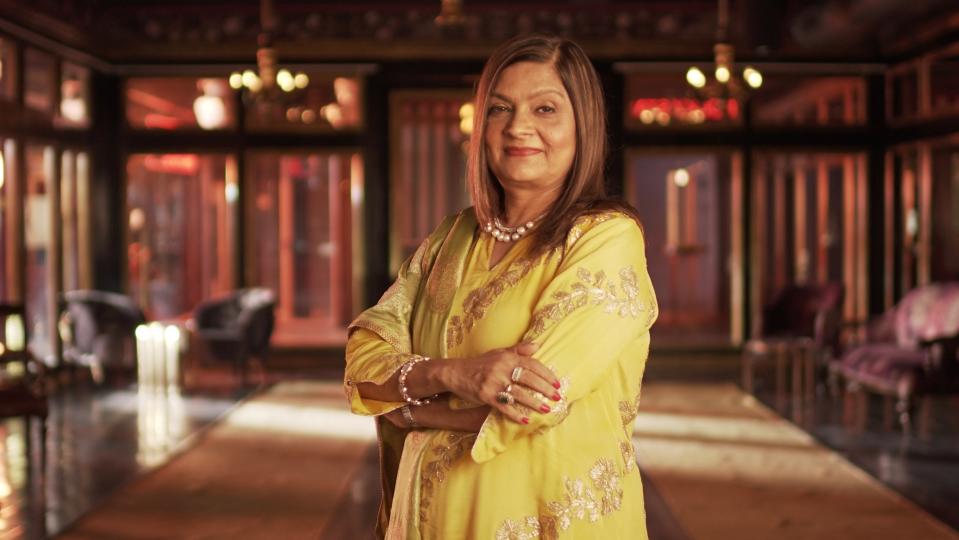
The funniest part of Netflix’s divisive Indian dating show is watching it with a non-Indian person. Gasps and cries of “That’s a horrible thing to say!” in response to what, to us, are just classic Indian aunty comments.
Sima, the woman dubbed Mumbai’s top matchmaker, epitomises brutal honesty. “Looks-wise, she’s OK, but she’s not photogenic”, she casually reels off. And there’s a lot of problematic stuff in the show - fair skin being praised and prioritised; ‘good family’ used to sweep away issues of caste; women being constantly told to be flexible.
However, while Sima’s services are only available to those who can afford it, it does indicate how prevalent and normal arranged marriage is in India. It also highlights how inaccurate it is to conflate arranged marriage with forced marriage - Sima introduces ‘matches’ to each other, but while dating, the couple have control over whether they ever want to see each other again. Spoiler alert: most of them don't.
Netflix

 Yahoo Finance
Yahoo Finance 